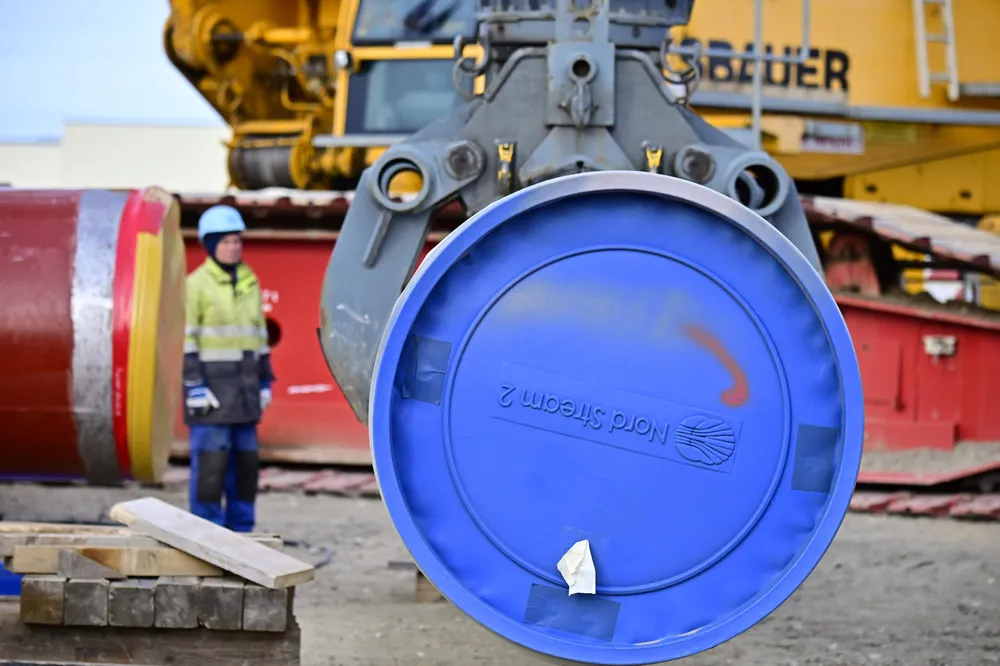Court: Nord Stream 2 will operate at 50% capacity
German court rejects Russian subsea gas pipeline project's appeal against European regulations, giving fresh hopes to Poland and Ukraine in securing long-term gas transit flows

German court rejects Russian subsea gas pipeline project's appeal against European regulations, giving fresh hopes to Poland and Ukraine in securing long-term gas transit flows
